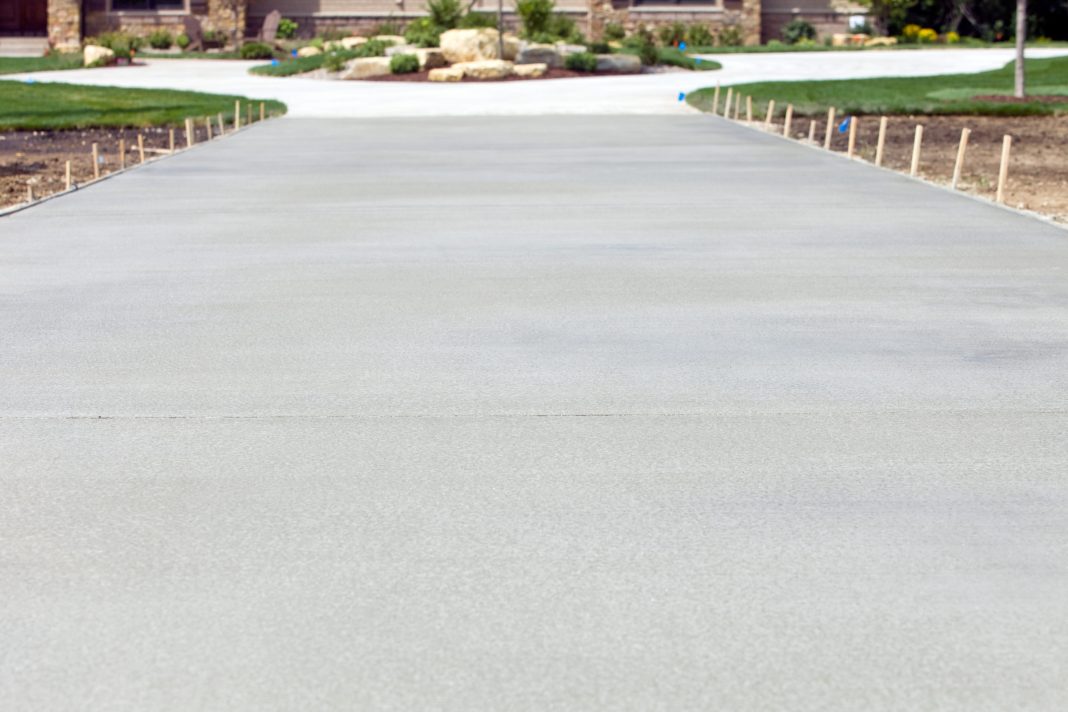Concrete has long been a staple in construction due to its durability, versatility, and aesthetic appeal. When it comes to outdoor spaces, the advantages of using concrete are numerous. From patios and walkways to driveways and garden features, concrete offers a range of benefits that make it an excellent choice for various landscaping projects. Here are some key advantages of using concrete in outdoor spaces.
1. Durability and Longevity
One of the most significant benefits of concrete is its durability. Unlike other materials, concrete can withstand extreme weather conditions, heavy foot traffic, and the wear and tear of everyday use. Properly mixed and cured concrete can last for decades with minimal maintenance, making it a cost-effective choice for outdoor applications.
2. Low Maintenance
Concrete surfaces require little maintenance compared to other materials like wood or stone. While regular cleaning and occasional sealing may be necessary, concrete does not warp, rot, or attract pests like termites. This low maintenance aspect makes it ideal for busy homeowners or commercial spaces looking to minimize upkeep costs.
3. Versatility in Design
Concrete offers unmatched versatility in design options. It can be poured into various shapes, colors, and finishes, allowing homeowners and designers to create unique outdoor features that suit their style and preferences. Decorative concrete techniques, such as stamping and staining, can mimic the appearance of more expensive materials like stone or brick without the associated costs.
4. Eco-Friendly Options
With growing environmental concerns, many manufacturers now offer eco-friendly concrete options, including recycled materials and low-carbon alternatives. Additionally, concrete’s thermal mass can help regulate temperatures in outdoor spaces, reducing energy costs for nearby buildings by minimizing heat absorption and retention.
5. Improved Aesthetics
Concrete can enhance the visual appeal of outdoor spaces. With a variety of finishes and textures available, concrete can seamlessly integrate into any landscape design. Whether it’s a sleek modern patio or a rustic garden path, concrete provides a polished look that enhances the overall aesthetics of the area.
6. Safety and Accessibility
Concrete surfaces can be designed to be slip-resistant, making them a safer option for outdoor areas. Additionally, concrete can be easily shaped to accommodate accessibility requirements, ensuring that pathways, ramps, and entrances are suitable for all individuals.
7. Cost-Effectiveness
While the initial investment for concrete may be higher than some other materials, its long-term durability and low maintenance needs often result in cost savings over time. Concrete’s longevity means fewer replacements and repairs, making it a financially sound choice for outdoor projects.
Conclusion
Incorporating concrete into outdoor spaces offers a myriad of benefits, from durability and low maintenance to design versatility and safety. As homeowners and designers look for materials that combine aesthetics with practicality, concrete continues to stand out as an ideal choice for creating beautiful and functional outdoor environments. Whether you’re planning a patio, walkway, or other landscaping features, concrete is a reliable and beneficial option to consider.










